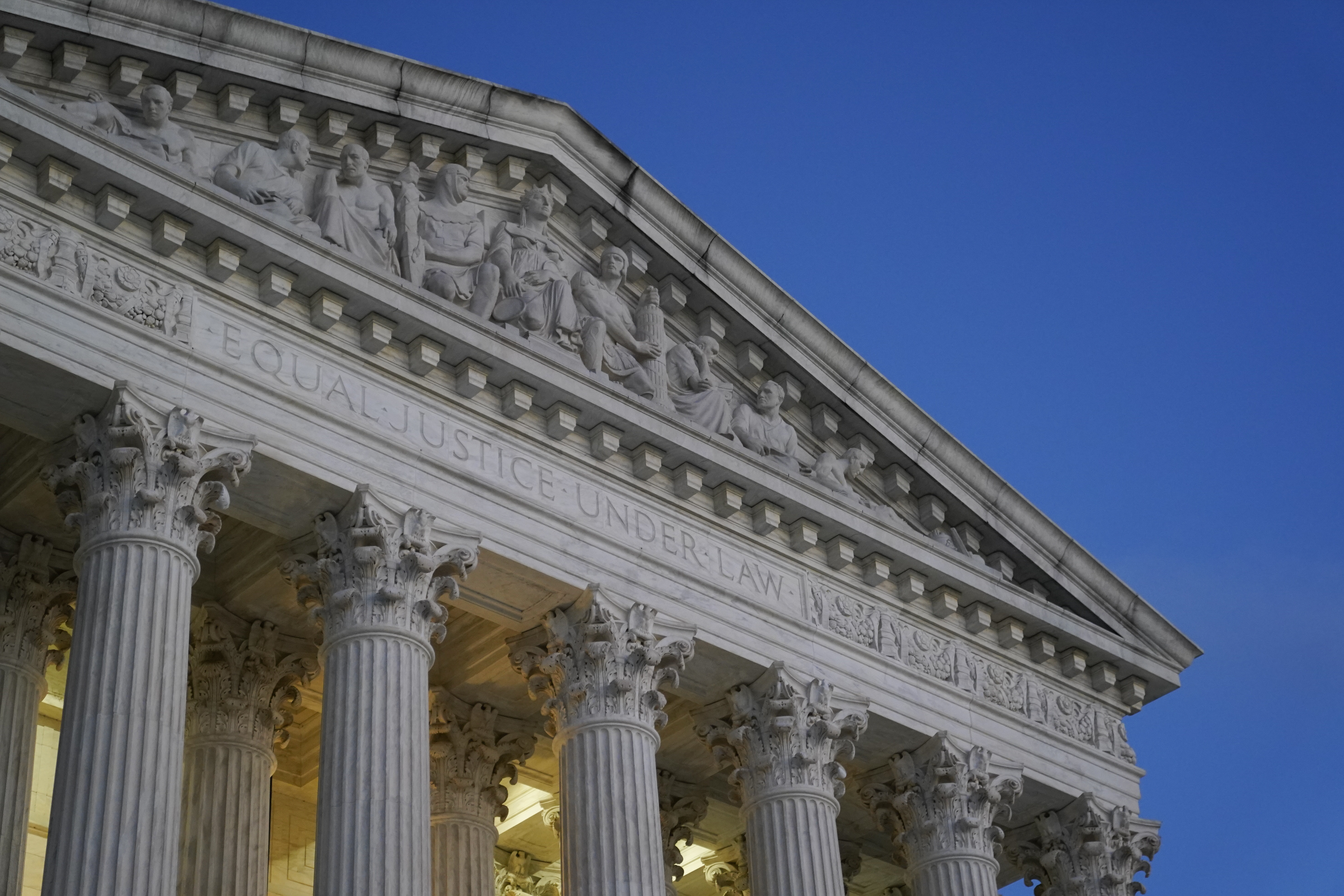Wisconsin Rep. Paul Ryan told GOP lawmakers late Tuesday that he will run for speaker, but only if they embrace him by week's end as their consensus candidate — an ambitious bid to impose unity on a disordered and divided House.
Dragged reluctantly into seeking a job he never wanted, Ryan spoke to the House GOP behind closed doors and said he will run only with the endorsement of the major caucuses in the House, including the hardline Freedom Caucus that chased out the current speaker and his No. 2.
"We as a conference should unify now," Ryan told reporters later. "What I told members is if you can agree to these requests and if I can truly be a unifying figure, then I will gladly serve, and if I am not unifying, that is fine as well — I will be happy to stay where I am."
The 45-year-old Ryan gave his colleagues until Friday to express their support. The question will be whether he can win over the Freedom Caucus, which drove Speaker John Boehner to announce his resignation by threatening a floor vote on his speakership, and scared Majority Leader Kevin McCarthy into abruptly withdrawing from the race to replace him.
That left Ryan, the GOP's 2012 vice presidential nominee, as the only figure in the House with the national profile, stature and broad popularity to unite a caucus divided against itself, at a moment of deep turmoil. He had consistently said he does not want to be speaker and would prefer to stay on as chairman of the tax-writing Ways and Means Committee, which he's described as his dream job.
But with chaos ahead and the prospect of even more of it if he passed on the job, he reconsidered under intense pressure. Congress is hurtling toward an early November deadline to raise the federal borrowing limit or invite a first-ever default, and a deadline to pass spending legislation or risk a government shutdown will follow in early December.
Ryan's announcement was met warmly by many lawmakers. Rep. Jason Chaffetz, R-Utah, said he was abandoning his own candidacy for the job and would back Ryan.
"He's the right person at the right time," Chaffetz said.
But members of the Freedom Caucus remained to be convinced.
"I think he has to campaign for it. We've heard one speech," said Rep. Scott Perry, R-Pa. "We're willing to listen but it's the beginning of the conversation as far as I'm concerned."
U.S. & World
Ryan laid out a number of conditions under which he would serve, all of them aimed at defusing an atmosphere of constant chaos and crisis that has hung over the House for the past several years as a large group of tea party-backed lawmakers pushed for confrontation with the White House and demanded changes that the strictures of divided government never could deliver.
He said he encourages changes to rules and procedures — something eagerly sought by members of the Freedom Caucus who claim they've been shut out of legislating in the House. But he said any such changes must be made as a team, with input from all.
He also sought a change in the process for a "motion to vacate the chair" — the procedure conservatives were threatening against Boehner, which would have resulted in a floor vote on his speakership and ultimately drove him to resign.
"He said he's willing to take arrows in his chest, but not in his back," said Rep. Peter King of New York.
And Ryan made clear to lawmakers that family comes first and said he would be spending less time on the road than Boehner, who traveled nearly every weekend raising money for the party. Ryan, by contrast, has three school-age kids in Janesville, Wisconsin, and wants to be able to continue to visit them.
But Ryan said that despite his concerns about the impact of his decision on his wife, Janna, and family, his concerns about not stepping up to the challenge were even greater.
"I genuinely worry about the consequences that my agreeing to serve will have on them. Will they experience the viciousness and incivility that we all face here on a daily basis?" Ryan said. "But my greatest worry, my greatest worry is the consequence of not stepping up, of someday having my own kids ask me, 'When the stakes were so high, why didn't you do all you could do, why didn't you stand and fight for my future?'"
Associated Press writers Alan Fram and Andrew Taylor contributed.



